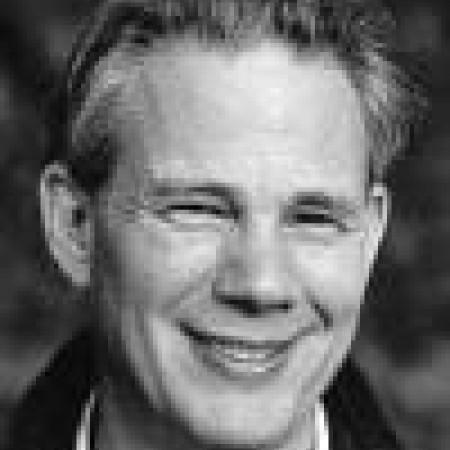Panel Discussion - Environmental Sustainability and Development
Environmental sustainability faces one of its toughest challenges when it comes to international growth. In this panel discussion, experts consider how the accelerated rate at which developing nations now follow the footsteps of the United States is leading to the ever greater exploitation of natural resources. They discuss ways to achieve sustainable development.














